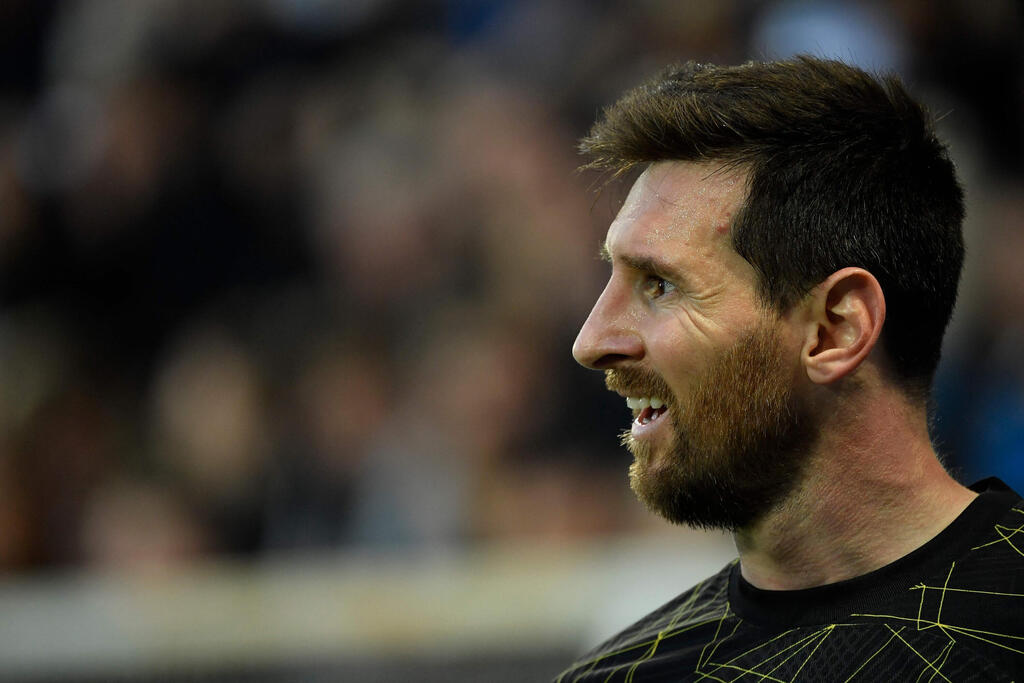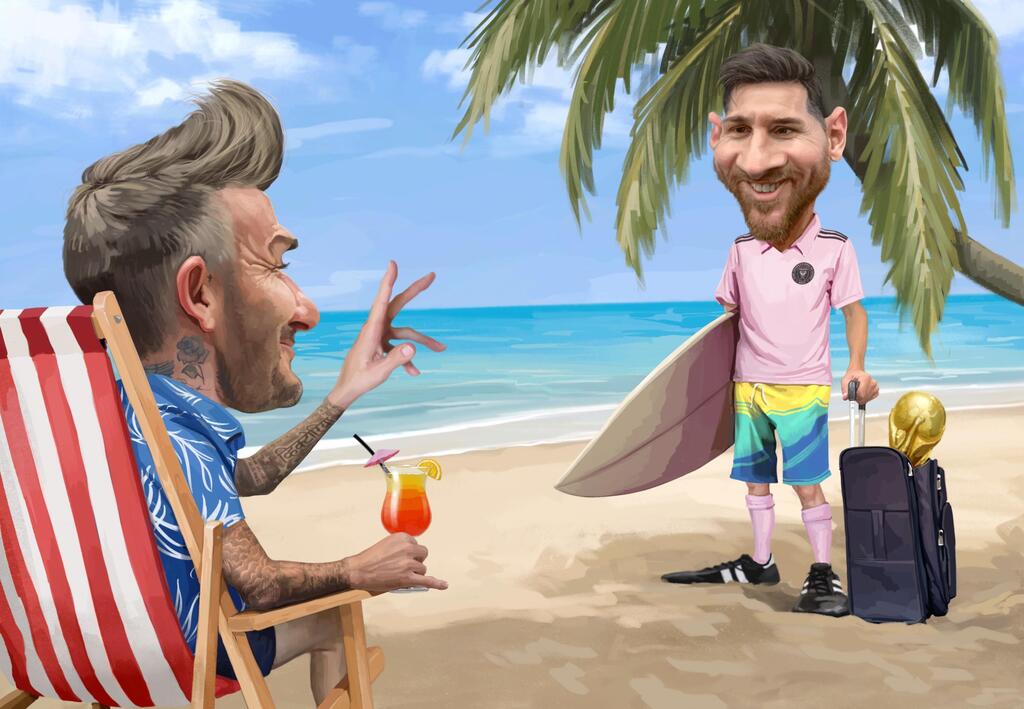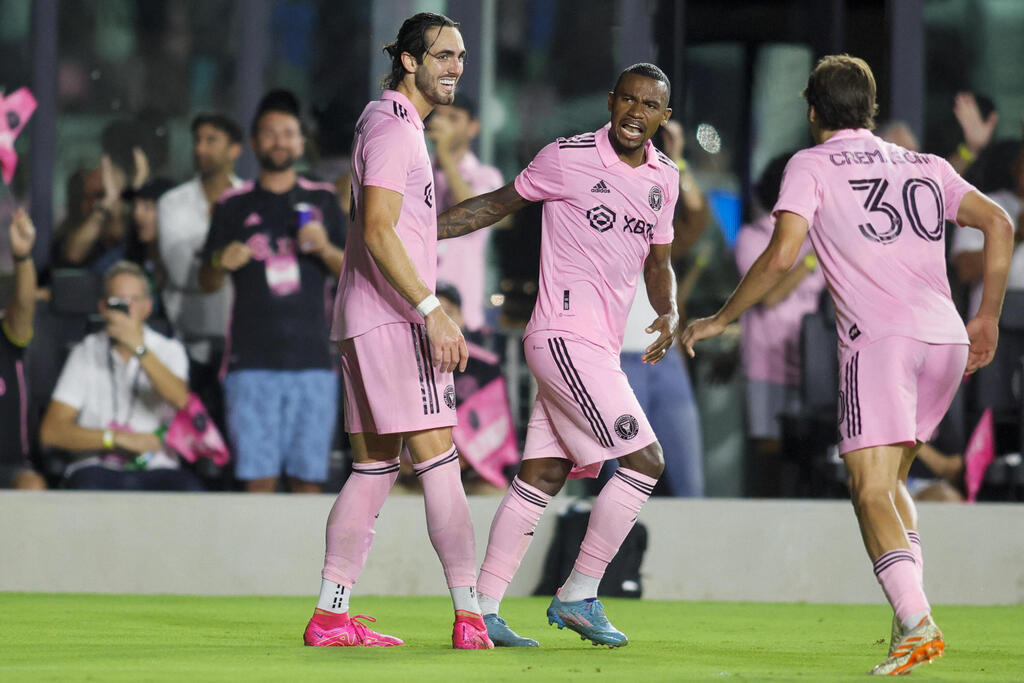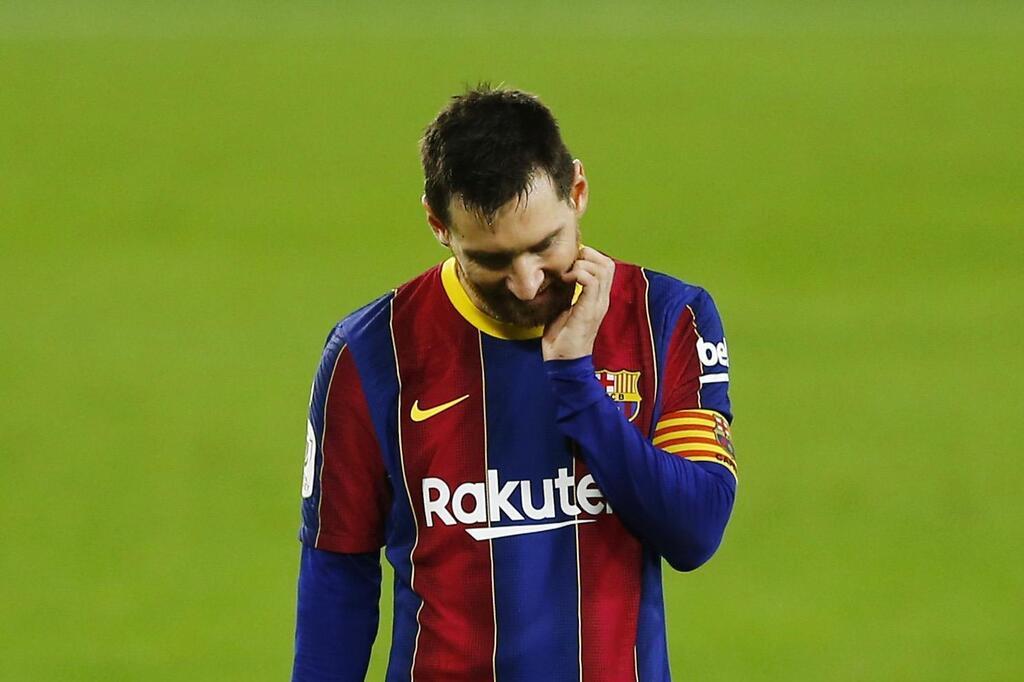On July 8th, Inter Miami FC, a team that the average soccer fan around the world had not heard of until last week, will travel to Washington for an away game against D.C. United.
More stories:
Three days prior, when the transfer window of Major League Soccer (MLS) opens, Miami is expected to officially register its new team member, Lionel Messi.
According to all expectations, Messi's debut match will only take place toward the end of July. However, when it was announced on Wednesday that he’s arriving in the U.S., ticket sales websites crashed for unusual reasons: there was high demand to see the match against D.C. United, even though Messi won’t be playing in it.
His first game with Inter Miami will probably be on July 21 against Cruz Azul from Mexico, as part of a tournament organized by MLS and the Mexican league. Tickets for that match have already sold out.
Messi is a phenomenon in his own right. ... When he brings his talent to South Beach he will change American soccer
Within 24 hours, Inter Miami gained more Instagram followers than any soccer, baseball or ice hockey team in the United States.
The U.S. is accustomed to sports stars, and it’s difficult to impress Americans with names. Messi, however, is a phenomenon in his own right. His 469 million Instagram followers surpass even LeBron James' 155 million, and when he brings his talent to South Beach he will change American soccer.
At 36, Messi is joining one of the worst teams in the league and a country with a somewhat apathetic professional sports audience. Messi is likely coming just to enjoy himself. Unless he has decided to add another staple to his legacy that no one ever did: Making the U.S. into a true soccer nation.
4 View gallery


Lionel Messi is joining one of the worst teams in the league and a country with a somewhat apathetic professional sports audience.
(Photo: Julien De Rosa/AFP)
This is certainly not the first time that American soccer has tried to ignite itself via international stars. In 1975, Pelé joined the New York Cosmos, which showed relative and instant success.
The average attendance at home games in New York grew from around 3,500 to about 45,000, attracting more fans in one match than other teams did in an entire season.
Pelé's experiment was a great success. During his three years in the United States, he taught Americans what soccer was all about and influenced an entire generation of children who grew up leading the national team to the 1990 World Cup.
David Beckham, who arrived at the LA Galaxy in 2007, took soccer to the mainstream and injected a lot of money into the league. When Beckham joined MLS, 13 teams were a part of it. Now there are 29, soon to be 30.
Soccer has surpassed ice hockey and become the fourth most popular sport in the U.S., while also posing a serious challenge to baseball. With the upcoming World Cup, the sport is reaching a moment where it will either truly prosper in America or fail.
4 View gallery


David Beckham and Lionel Messi - soccer is reaching a moment where it will either truly prosper in America or fail
(Illustration: Ofir Bagon)
Beckham has always been a good businessman, and in his contract with the Galaxy he added a clause that allowed him to purchase a franchise in the MLS for $25 million after retiring. In early 2018, Beckham and his partners received approval to establish a team in Miami. Recently, Forbes estimated the value of Inter Miami at $600 million.
Immediately after acquiring his team, Beckham shared a message from Messi on Instagram. “Who knows, in a few years maybe you will give me a call," the player wrote.
This year marks the first of a landmark broadcasting agreement for 10 years between the MLS and Apple TV. The basis for the $2.5 billion deal relies on subscription sales, including to people outside the U.S.
Considering that more than 25 million viewers in the U.S. watched Argentina's games in the last World Cup, one can understand Apple’s expectations for a tremendous increase in subscriptions.
Some of these revenues will go to Messi, and he’ll also receive a percentage of the league's sponsorship deals with Adidas, the league’s long-standing sponsor. Estimates in the U.S. say that Messi will earn $125 million to $150 million in a two-and-a-half-season contract, but bonuses will boost that amount.
4 View gallery


Inter Miami players are ready for Messi to join them
(Photo: Sam Navarro-USA Today Sports)
Messi is joining the worst team he has ever played for in his life. Phil Neville was fired last week as Inter Miami’s coach. Argentine Javier Morales is the interim head, but Beckham is trying to bring in Gerardo Martino, who coached Mexico in the last World Cup and coached Messi at Barcelona and Argentina.
Meanwhile, not only is Miami ranked last in the Eastern Conference, but it’s also struggling with penalties imposed for violating budget rules. It sits at the bottom of the MLS in almost every statistical parameter. But, there’s no fear of relegation since there’s no league to be relegated to.
And, since nine teams from each region advance to the playoffs in the MLS, maybe Messi can still work a small miracle for them this season.
No one expects Messi to treat his job in Miami as if it were Barcelona. But if he decides that he doesn't want to relax in Miami all day, he has the opportunity to make a historic impact on the sport.
Soccer is a foreign sport in the U.S., and it only needs a little push from a talented player to stand among local sports that have been accepted and popularized in the country.


